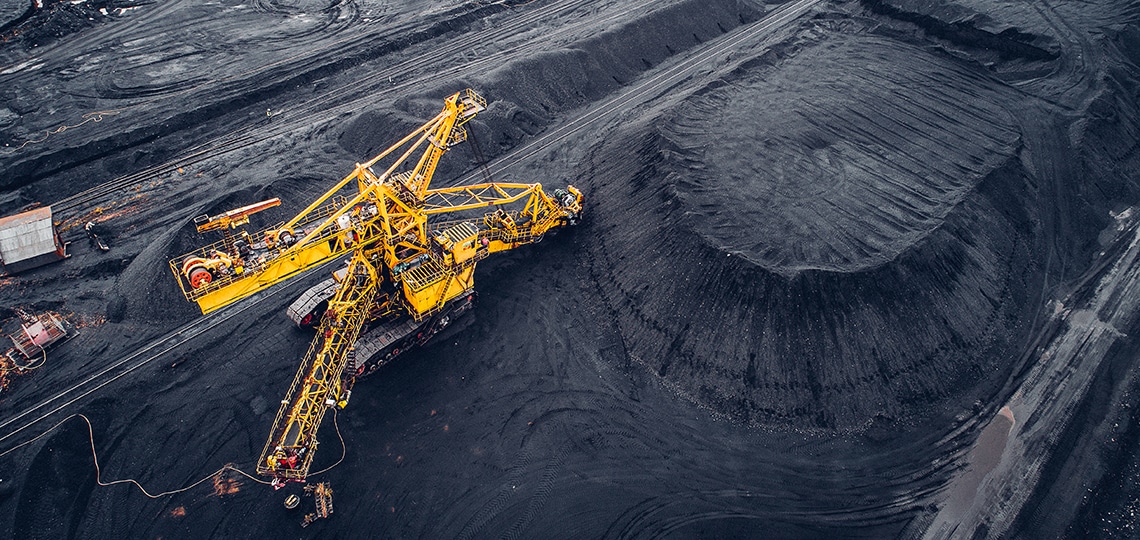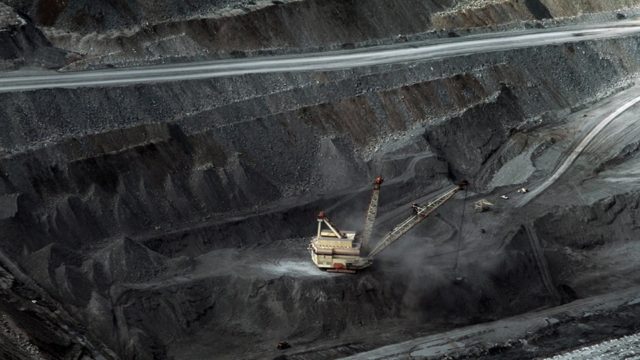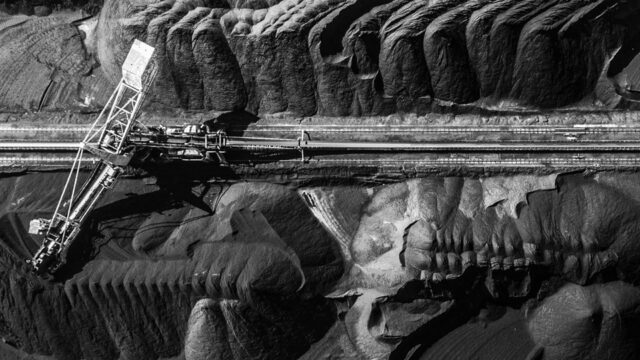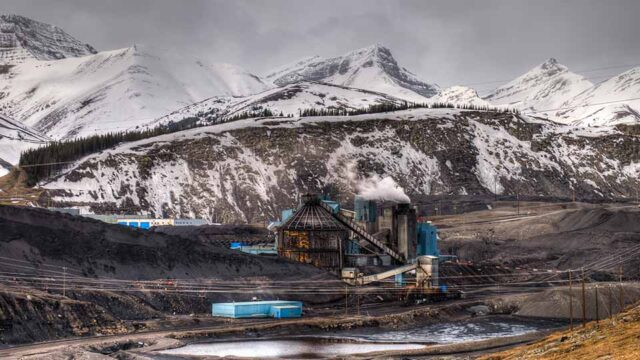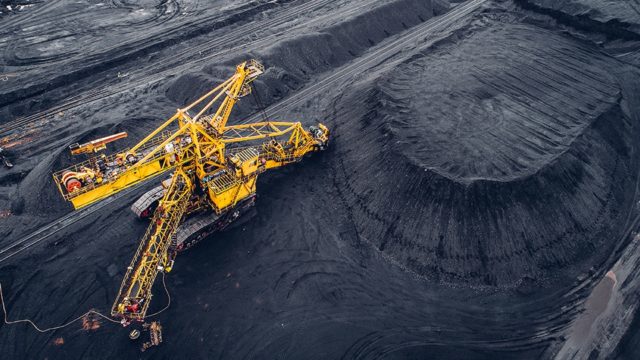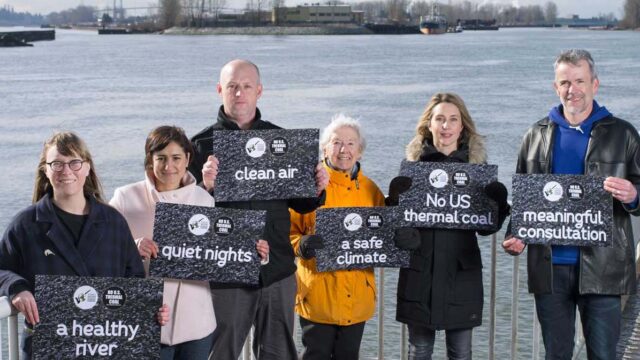Coal projects – such as the proposed Vista coal mine expansions – threaten the climate, human health, biodiversity, and the air, land, and water.
Thermal coal is the world’s dirtiest fossil fuel, toxic to human health and disastrous for the climate. In fact, burning coal is responsible for a nearly half of carbon emissions around the world.
That is why Ecojustice stepped up to represent clients concerned about the Vista coal mine expansions.
If built, the proposed expansions are expected to result in the extraction of up to 15 MT of coal per year. When shipped and consumed abroad, burning this much coal could lead to 33 MT of carbon annually. By comparison, the largest single source of carbon in Canada is currently another coal plant in Alberta that emits 12.7 MT of carbon dioxide a year – just over one-third of Vista’s total projected emissions.
On behalf of Keepers of the Water and the West Athabasca Watershed Bioregional Society, two community groups living and working in the watershed where Vista is located, Ecojustice wrote to the Minister of Environment and Climate Change to demand he designate the expansions for a federal impact assessment. Impact assessments are critical tools that help the government understand and limit harms to environment, the climate, human health, and Indigenous Peoples.
With the help of 46 other environmental, Indigenous, health, civil society, and faith organizations, and tens of thousands of Canadians, Ecojustice and its clients scored an important victory when the Minister agreed to designate the Vista expansions for an assessment.
But Coalspur would not give up without a fight. The company filed for a judicial review of the government’s decision and named our clients as respondents. On their behalf, Ecojustice participated in the judicial review to ensure that the Minister’s decision would be upheld, and Canada’s environmental assessment laws would remain strong.
In July 2021, a decision in another judicial review – to which Ecojustice was not a party – overturned the Minister’s order to designate the Vista mine expansion for a federal impact assessment. The Court decided that the Minister should have consulted Indigenous nations before designating the mines for an assessment.
Following consultation with all affected First Nations, in September 2021 the Minister redesignated the Vista coal mine expansions for a federal impact assessment.
Coalspur again sought judicial review of the Minister’s designation decision. Ecojustice, on behalf of its clients, returned to Federal C court in June 2023 to argue that Alberta’s Vista coal mine expansions demands an impact assessment.
Unfortunately, in October 2023 the Supreme Court of Canada announced that certain portions of the Impact Assessment Act were unconstitutional, which led to the end of this case.
However, Ecojustice will continue the fight on Vista. Both expansions continue to require federal permits under the Fisheries Act and Species at Risk Act before they can proceed. On behalf of our clients Keepers of the Water and the West Athabasca Watershed Bioregional Society, we will work to ensure the impacts of these expansions are properly understood before permits can be granted. Both proposed expansions are set to contaminate and destroy the habitat of two critically endangered fish species: Athabasca Rainbow Trout and Bull Trout.
Once the Impact Assessment Act is amended, the Vista expansions should again be designated for assessment. Impact assessments are critical to ensure these thermal coal mines cannot go ahead without fully calculating their impacts. The Vista expansions are expected to have disastrous impacts on water and land, devastating both endangered species and nearby communities. Without an impact assessment, how can anyone be sure the project is in line with Canada’s climate commitments? Or, indeed, how further expansion will sit alongside Canada’s promises to ban thermal coal exports by 2030?

